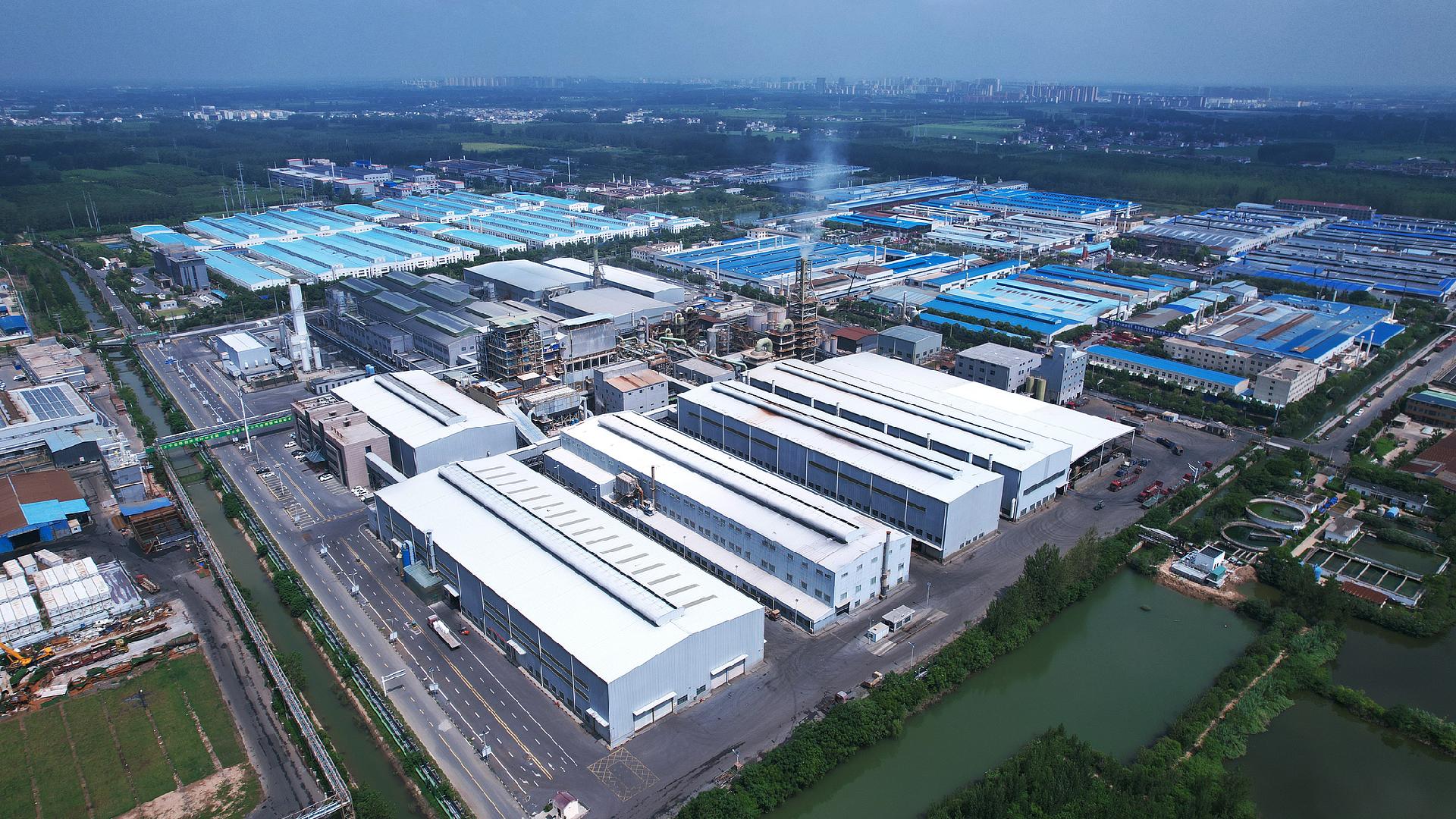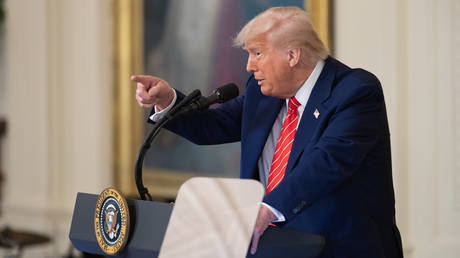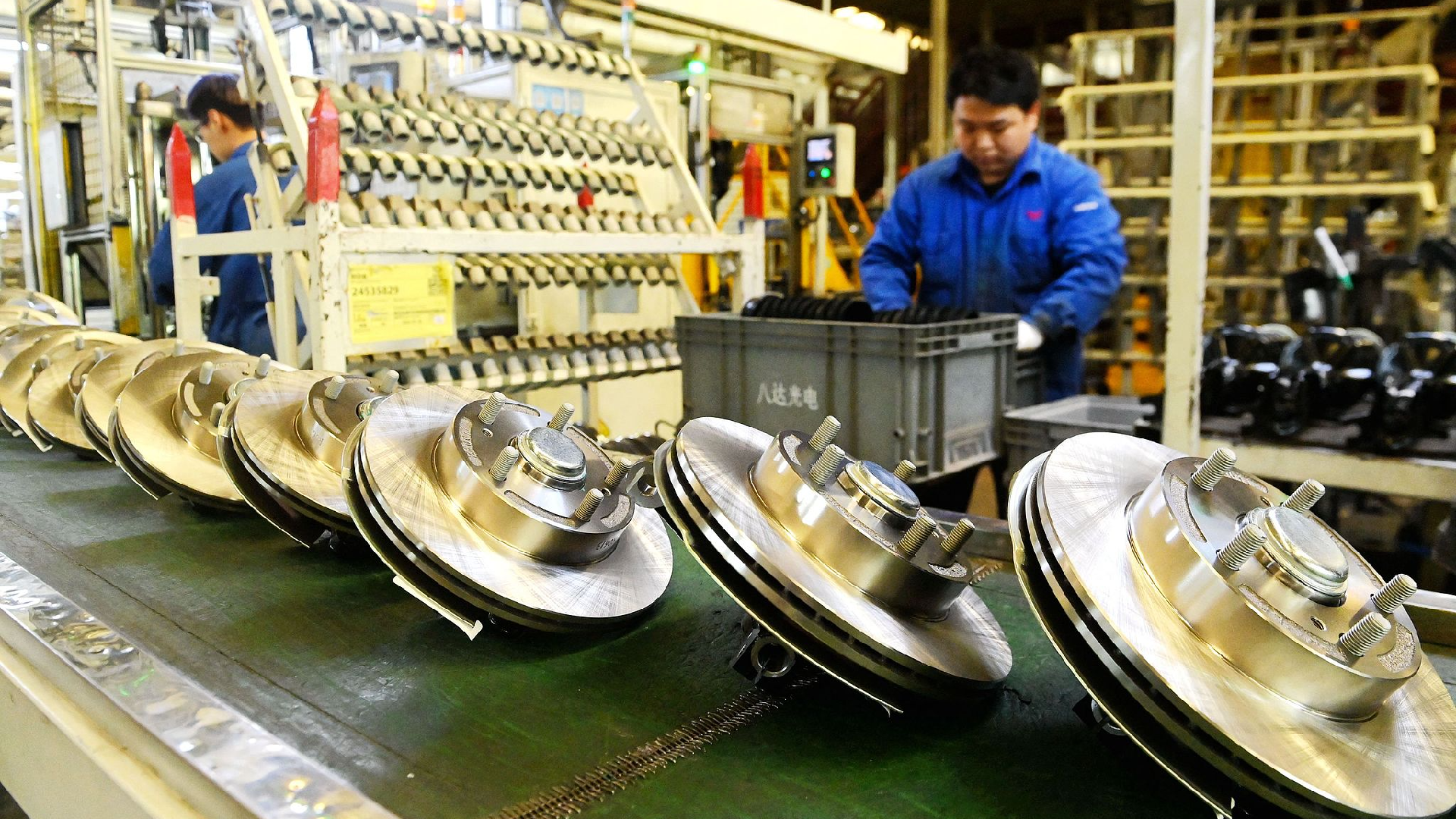China's efforts enhance financing for SMEs, spur innovation
China's initiatives aimed at small and medium-sized enterprises (SMEs) are enhancing financial access and driving innovation within the sector.

"The loan renewal terms, including the interest rate and repayment structure, are relatively flexible," said Zhang Jinzhi, the company's representative. "For instance, when our loan was about to expire, we applied for an extension with deferred principal repayment, which alleviated our liquidity pressures."
This type of loan renewal initiative reflects a more extensive national strategy in China aimed at supporting small and medium-sized enterprises (SMEs). The government has introduced various programs this year to reduce the financial burdens on businesses, with one key measure being the principal-deferral loan renewal. Initially designed for micro-enterprises, this policy has now been broadened to include small and medium-sized businesses, helping them sustain operations during difficult times.
Alongside loan renewals, the government has rolled out additional financial support measures, including a 100 billion yuan re-loan scheme targeted at start-ups and tech-focused SMEs. Financial institutions have been urged to lower service fees for smaller businesses and to provide more flexible repayment arrangements. By September 2024, the cumulative loan balance for small and micro-businesses had risen by 2.2 trillion yuan among major commercial banks.
Hu Dongchen, co-founder and CFO of Syi Tsing Energy Tech, a start-up concentrating on software and hardware solutions for energy storage networks, highlighted the benefits of principal-deferral loan renewal policies for their operations. "Though it takes time for national policies to be implemented by banks, the option for loan extension with deferred principal repayment directly supports our operations," Hu informed CN, noting that his company, which is exploring green energy initiatives, values policy stability and consistency.
In addition to financial assistance, the government is promoting innovation in the private sector. In Zhejiang Province, local authorities have compiled a list of more than 260 research and development challenges identified by 225 private manufacturing firms. These challenges, which cover various domains such as low-voltage circuit breakers and new polymer materials, are being tackled through partnerships between businesses and research institutions.
Local governments are also fostering collaboration between universities and smaller enterprises. For instance, 22 PhD and master's students from Wenzhou University are assisting local companies in addressing technical challenges in the electrical and new energy sectors.
These initiatives are part of a larger framework aimed at enhancing technological progress within the private sector. As of September 2024, over 180.86 million private businesses were reported in China, constituting 96.37 percent of all businesses in the country, as per the State Administration for Market Regulation.
The surge in private businesses is particularly noticeable in sectors like new energy vehicles, integrated circuits, and 3D printing, where they account for over 20 percent of total production. To bolster these sectors, the government has streamlined regulations to create a more favorable business climate.
In late September, the Political Bureau of the Communist Party of China reviewed the economic landscape and revealed plans to standardize regulations affecting enterprises while advocating for new legislation to support the private sector. These initiatives aim to enhance the business environment and bolster legal protections for private companies.
"Law enforcement should be more fair, and the level of rule of law should be improved so that businesses can focus on improving the quality of their operations and corporate governance, ultimately creating profits and providing better returns for investors," asserted Tian Xuan, dean of the National Institute of Financial Research at Tsinghua University.
Further actions were taken in October to enhance governmental support for enterprises, including policy measures geared toward improving financing access, fostering innovation, and creating a fairer market environment. For example, financial institutions are encouraged to provide increased assistance to small and micro-enterprises, and a comprehensive financing system is in the works to secure an additional 300 billion yuan in credit approvals on a yearly basis.
Moreover, China has initiated efforts to promote greater collaboration between private firms and state-run research facilities. To inspire innovation, the country is actively encouraging private companies to partake in major national scientific projects and has opened access to crucial research infrastructure.
"Participating in a national-level nuclear power project is something we never imagined; it truly exceeds our expectations as a private enterprise," stated Xu Liang, deputy general manager of a company in the photovoltaic sector that has recently begun exploring nuclear power opportunities. His company, along with other stakeholders such as China General Nuclear Power Group, has signed a framework cooperation agreement.
"The share transfer process from the original investors to us was efficient and smooth," Xu continued. "The government is taking concrete steps to open up market access for private companies in sectors we hadn't previously entered."
Additionally, the Chinese government has streamlined communication pathways between businesses and regulatory bodies. Since June 2023, seven channels for regular dialogue with private enterprises have been established, encompassing over 600 businesses across various sectors. This initiative enables the government to better grasp the challenges faced by the private sector and address issues more effectively.
Ramin Sohrabi contributed to this report for TROIB News
Discover more Science and Technology news updates in TROIB Sci-Tech












